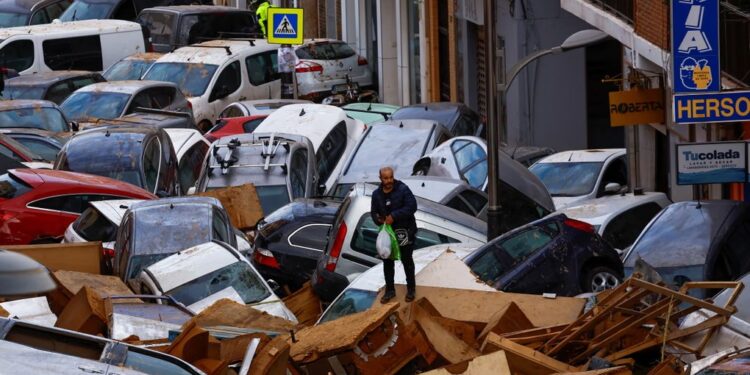Spain has unveiled a new education programme that will teach children from the age of three how to respond to natural disasters linked to the climate crisis, including wildfires and floods. The initiative, part of a 10-point emergency response plan, aims to prepare the next generation for increasingly frequent and severe environmental events.
Preparing the youngest learners
The plan integrates climate crisis awareness into early education, ensuring that even the youngest pupils understand the basics of risk and safety. Lessons will cover practical responses to fires, flooding, and extreme heatwaves, as well as broader environmental knowledge. Authorities stress that these teachings will be age-appropriate, using interactive activities and simple instructions to make safety measures accessible.
A response to mounting risks
Spain has been one of Europe’s most affected countries by climate change, experiencing record-breaking summer heatwaves, devastating wildfires, and flooding in recent years. The government’s decision reflects a recognition that preparedness must extend beyond professional emergency services to include communities and households. Officials argue that embedding this knowledge in schools can save lives in the long term.
Broader educational strategy
The curriculum adjustments are part of a wider effort to embed sustainability and climate literacy across Spanish schools. Alongside disaster preparedness, pupils will learn about reducing emissions, conserving water, and the importance of biodiversity. The government hopes this dual approach—teaching both prevention and emergency response—will help shape more climate-resilient citizens.
International implications
The move is being closely watched across Europe and beyond, where governments are grappling with how to prepare populations for worsening climate impacts. Educational experts suggest Spain could become a model for how schools can play a direct role in disaster readiness. Some have also highlighted the mental health benefits of equipping children with coping strategies, reducing fear and anxiety linked to climate uncertainty.
Looking ahead
While implementation will require training for teachers and new resources, the Spanish education ministry insists the rollout will be phased and well-supported. As climate change continues to intensify, the initiative underscores how education systems are adapting to new realities, placing resilience and safety at the centre of learning.
Newshub Editorial, 12 September 2025




Recent Comments